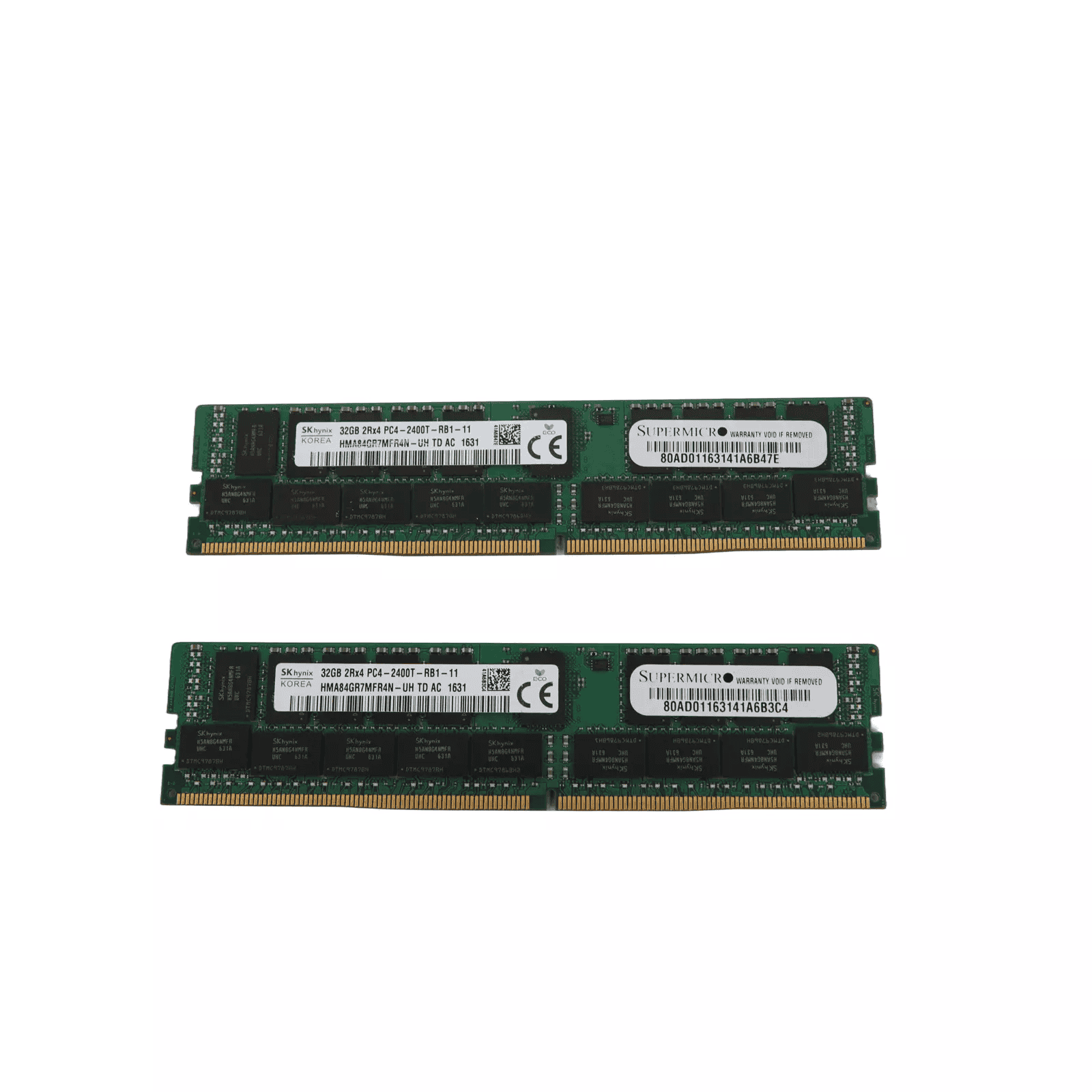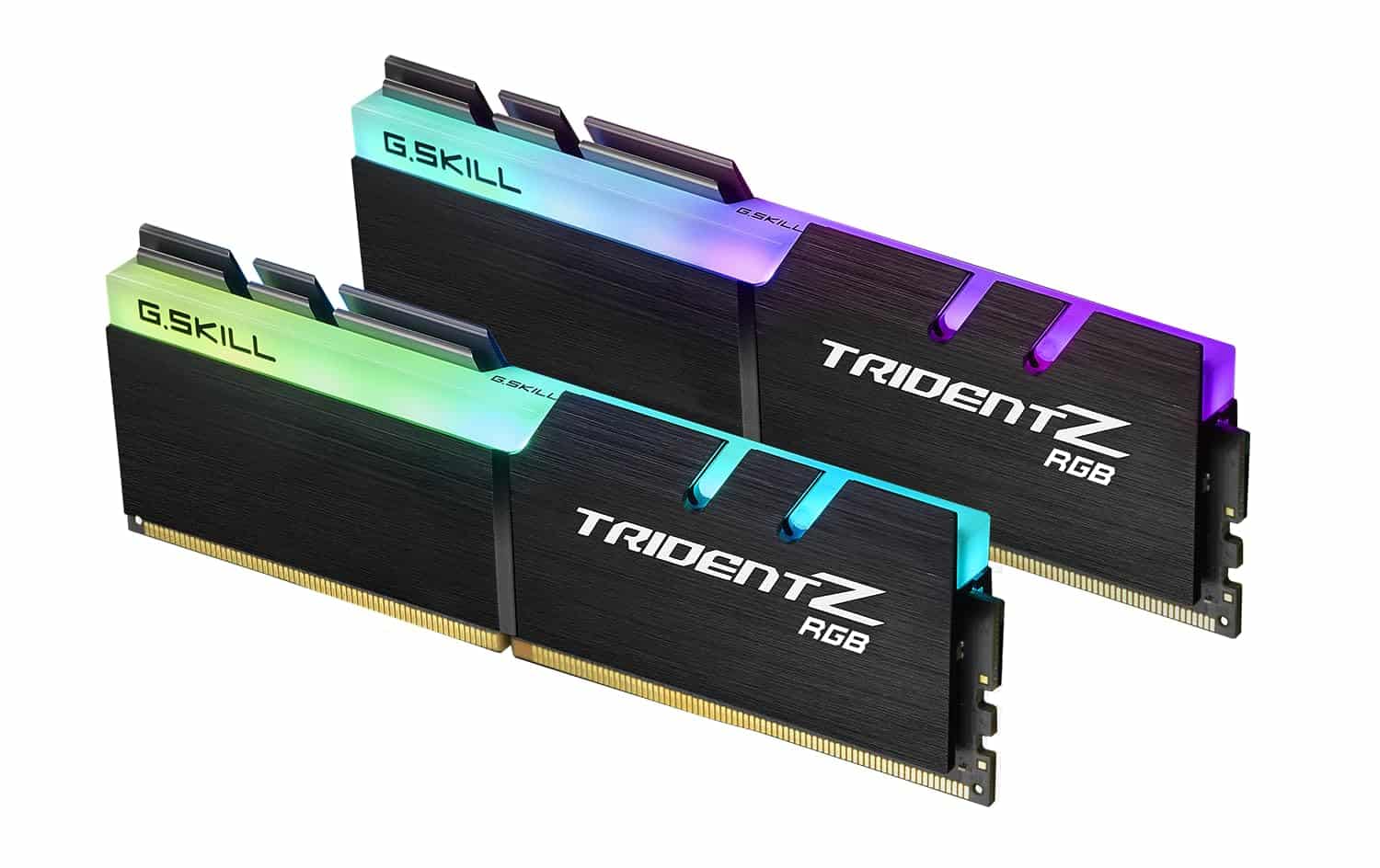For most users, everyday tasks like web browsing, email, document editing, and light photo editing are easily handled with 8GB to 16GB of RAM. This amount of memory ensures smooth multitasking and prevents slowdowns when running multiple applications simultaneously.
64GB of RAM for Everyday Computing: Is It Too Much?
64GB of RAM is a significant amount of memory, even for demanding tasks. For everyday computing needs like browsing the web, checking email, and using office applications, it’s generally overkill.
Everyday Computing Needs
Most everyday tasks can be comfortably handled with 8GB to 16GB of RAM. This allows for smooth multitasking and efficient operation of common applications.

When 64GB Might Be Useful
- Professional workloads: Video editing, 3D rendering, game development, and other resource-intensive tasks can benefit from 64GB of RAM.
- Virtualization: Running multiple virtual machines simultaneously requires a large amount of memory.
- Future-proofing: If you anticipate your needs increasing in the future, 64GB can provide headroom for growth.
| Task | Recommended RAM |
|---|---|
| Everyday computing | 8GB – 16GB |
| Gaming | 16GB – 32GB |
| Video editing | 32GB – 64GB |
| 3D rendering | 64GB+ |
Considerations
- Cost: 64GB of RAM is significantly more expensive than 16GB or 32GB.
- Diminishing returns: Beyond a certain point, adding more RAM might not provide noticeable performance improvements for everyday tasks.
- Other components: A balanced system with a good processor and storage is essential for optimal performance.
Alternatives
If you’re looking to upgrade your computer’s performance, consider:
- Upgrading to 16GB or 32GB of RAM: This can provide a noticeable boost for most users.
- Switching to an SSD: A solid-state drive (SSD) can significantly improve system responsiveness and boot times.
- Upgrading your processor: A faster processor can handle demanding tasks more efficiently.
For most people, 64GB of RAM is excessive for everyday computing. Focus on a balanced system with sufficient RAM for your specific needs and budget.
Optimizing RAM Usage
- Close unused applications: Applications running in the background consume RAM.
- Limit browser tabs: Each browser tab uses memory.
- Manage startup programs: Prevent unnecessary programs from launching at startup.
- Monitor memory usage: Use Activity Monitor to see which apps are using the most RAM.
Gaming and Content Creation: 16GB-32GB RAM
Gamers and content creators often require more memory due to the demanding nature of their tasks. Modern games with high-resolution graphics and video editing software can easily consume 16GB or more. 32GB provides ample headroom for smooth performance, even with resource-intensive applications.
Specialized Tasks: 32GB+ RAM
Certain specialized tasks, such as 3D rendering, video editing with high-resolution footage, running virtual machines, or working with large datasets, may benefit from 32GB or more RAM. This level of memory ensures that these demanding applications have enough resources to operate efficiently.
64GB RAM: Excess for Most Users
While 64GB of RAM may seem impressive, it’s overkill for most everyday users. Unless you regularly engage in specialized tasks that require a massive amount of memory, 64GB won’t provide any noticeable performance benefits over 32GB for everyday computing needs.
Table: Recommended RAM for Different Users
| User Type | Recommended RAM |
|---|---|
| Everyday Computing | 8GB-16GB |
| Gaming and Content Creation | 16GB-32GB |
| Specialized Tasks | 32GB+ |
Ultimately, the optimal amount of RAM depends on your individual needs and usage patterns. It’s essential to consider the types of tasks you regularly perform and choose a RAM capacity that strikes a balance between performance and cost-effectiveness.
Understanding RAM and its Importance in Computing
Random Access Memory, or RAM, is a critical component of a computer system. Think of it as your computer’s short-term memory where it keeps the data it currently needs. Unlike long-term storage, which holds data even when the power is off, RAM needs power to retain information, which is why everything in RAM is cleared when you shut down your computer.
What Makes RAM So Vital?
- Acts as a bridge between the CPU (the brain of the computer) and data in long-term storage.
- Speed: RAM is extremely fast, allowing the CPU to access data much quicker than if it were stored on a hard drive or SSD.
- Enables multitasking by allowing the operating system, like Windows, and software to use multiple apps simultaneously without significant slowdown.
Memory and Performance
The amount of RAM determines how much data can be held ready for quick access. Having more RAM can enable smoother performance, especially when running demanding software or multitasking heavily.
Generations and Types
- DDR (Double Data Rate) RAM has evolved over the years, with DDR4 and DDR5 being the most current standards used in motherboards.
- Each generation improves on speed and efficiency.
As we integrate more apps and complex tasks into our daily usage, the role of RAM becomes even more crucial. It’s the cornerstone that supports the seamless functioning of the CPU, GPU, and other system components, ensuring our interactions with technology are as fluid as possible.
Is 64GB RAM Overkill for Everyday Use?
When talking about whether 64GB of RAM is necessary, it’s important to consider the specific tasks that will be taking place on a computer. Let’s look at how much RAM is really needed for different user groups.
Analyzing RAM Needs for Professionals and Power Users
Professionals in fields such as video editing, 3D rendering, music production, and CAD often use resource-intensive applications that can benefit from larger RAM amounts. For instance, editing 8K videos or working with complex graphic designs could use 64GB of RAM more effectively. Power users running multiple virtual machines or engaging in high-level programming may also find the extra memory improves their workflow.
- Video Editing and 3D Rendering: Optimal at 32GB, but 64GB could boost performance.
- Music Production and Graphic Design: Often 32GB suffices, yet 64GB offers a cushion for complex projects.
Comparing RAM Sizes: 16GB, 32GB, and 64GB
For day-to-day computing, RAM sizes ought to align with user demands and the anticipated longevity of the system. A 16GB RAM is generally adequate for most tasks, including gaming and photo editing. Meanwhile, doubling that to 32GB offers a comfortable middle ground—a great mix of performance and cost-effectiveness.
- 16GB: Ideal for everyday use, with good performance in most modern games.
- 32GB: Offers extra headroom for multitasking and is a solid choice for future-proofing.
Examining RAM Requirements for Gaming and Creative Work
Gaming generally doesn’t require more than 16GB of RAM, especially for current games. However, streamers may benefit from 32GB to manage both gaming and streaming simultaneously. Regarding creative work like photo editing, most software will run smoothly with 16GB, though going up to 32GB might speed up processing times for high-resolution images.
- Gaming: No significant performance advantage with more than 16GB RAM.
- Creative Work: Increased RAM helps with larger projects, but 64GB is rarely needed.
Upgrading Considerations and Maximizing System Performance
If you’re considering making your computer faster and more efficient, upgrading RAM is a smart move. It’s about finding the right balance between what you have and what you need for optimal performance.
The Role of RAM in Enhancing Computing Experience
RAM, or Random Access Memory, plays a crucial role in a computer’s performance. It serves as a buffer that stores data for quick access by the processor. The more RAM you have, the more data your computer can handle simultaneously, leading to smoother multitasking. Upgrading from 8GB to 16GB can provide a significant boost in performance for most users, enabling smoother operation in daily tasks such as web browsing and office work. For gamers, RAM with higher speed expressed in MHz can contribute to better frame rates and overall gaming performance. However, it’s not just about quantity; the speed of the RAM is also important, as faster RAM can process tasks more quickly.
When to Upgrade RAM: Identifying Bottlenecks
Before upgrading, check if your system is actually being slowed down by insufficient RAM. This is known as a bottleneck. Use tools like Windows 10’s Task Manager to monitor RAM usage. Look for signs such as your current RAM reaching near full capacity during regular use, or your computer relying on the slower pagefile—a section of the hard drive (or better yet, an SSD or NVMe SSD) that the system uses when it runs out of RAM.
For heavy tasks like video editing, 3D rendering, or running virtual machines, upgrading to 32GB or 64GB can cut down on export times and improve overall efficiency. A professional workflow with demanding software often benefits from 64GB of RAM. Yet, for most gaming PCs, 16GB is adequate, as the graphics card’s VRAM is typically more crucial for gaming performance than system RAM.
Memory Capacity Guide:
- 8GB: Suitable for basic tasks like browsing the web.
- 16GB: A sweet spot for gaming and general productivity.
- 32GB: Ideal for intensive tasks, multitasking professionals.
- 64GB or more: Best for heavy professional use, such as video editing or virtualization.
Upgrading RAM should be paired with an appropriate CPU and GPU to avoid other bottlenecks in the system. It’s not just about adding more memory; it’s about creating a balanced system where all components work well together.
Remember, future-proofing is a helpful concept, but it has its limits. Buying more RAM than you currently need may not always pay off, as technology evolves quickly. Consider your immediate needs and plan for moderate rather than extreme future usage to get the most value from your upgrade.
Frequently Asked Questions
When considering if 64GB of RAM is necessary, it’s crucial to look at specific scenarios where such a capacity might be justified. This section aims to address common questions about the practicality and benefits of 64GB RAM in various settings.
Do high-end gaming applications benefit from 64GB RAM?
High-end games with cutting-edge graphics and complex mechanics might run smoother with 64GB RAM. However, most current games don’t require this much memory to perform well.
Can video editing and content creation workflows utilize 64GB RAM effectively?
For video editing and content creation, 64GB RAM allows multitasking with heavy files and editing software without slowdowns, making the workflow much more efficient.
What are the advantages of having 64GB RAM in a streaming setup?
Streaming setups with 64GB RAM can handle simultaneous running of the game, streaming software, and other apps. This ensures a seamless streaming experience for both the streamer and the audience.
How does 64GB RAM impact programming and development tasks?
Programming environments and development tasks, especially those involving virtual machines or large databases, can run more smoothly with 64GB of RAM, avoiding bottlenecks in data processing.
For a PC running DDR5 memory, is 64GB considered excessive?
PCs with DDR5 memory are cutting-edge, and 64GB may be excessive unless used for memory-intensive tasks. The faster DDR5 makes better use of RAM, but it still depends on user needs.
What should be considered when deciding between 32GB and 64GB of RAM for gaming?
When choosing between 32GB and 64GB of RAM for gaming, consider the types of games you play, possible multitasking needs, and future-proofing. Most games don’t require more than 32GB for optimal performance.







